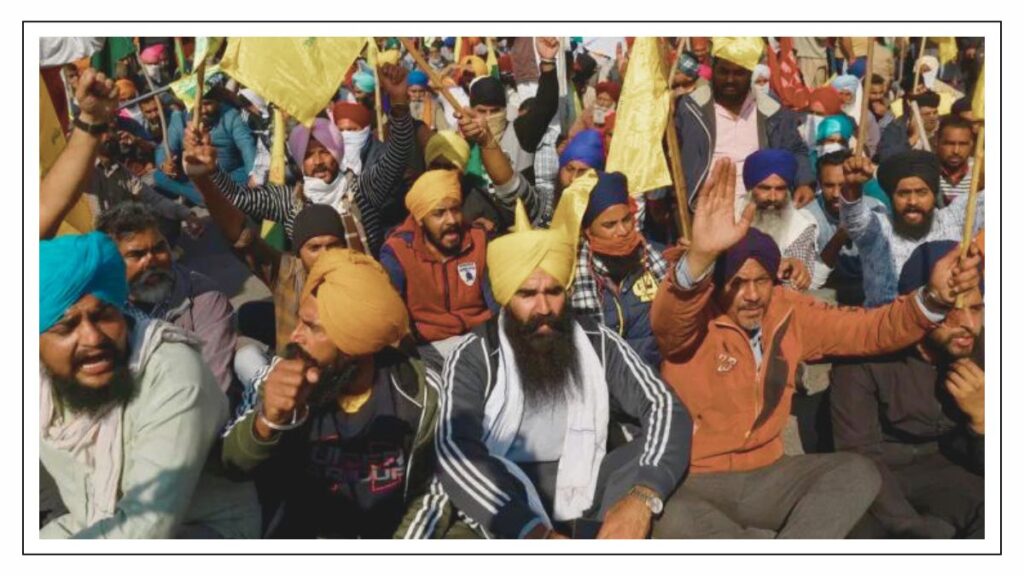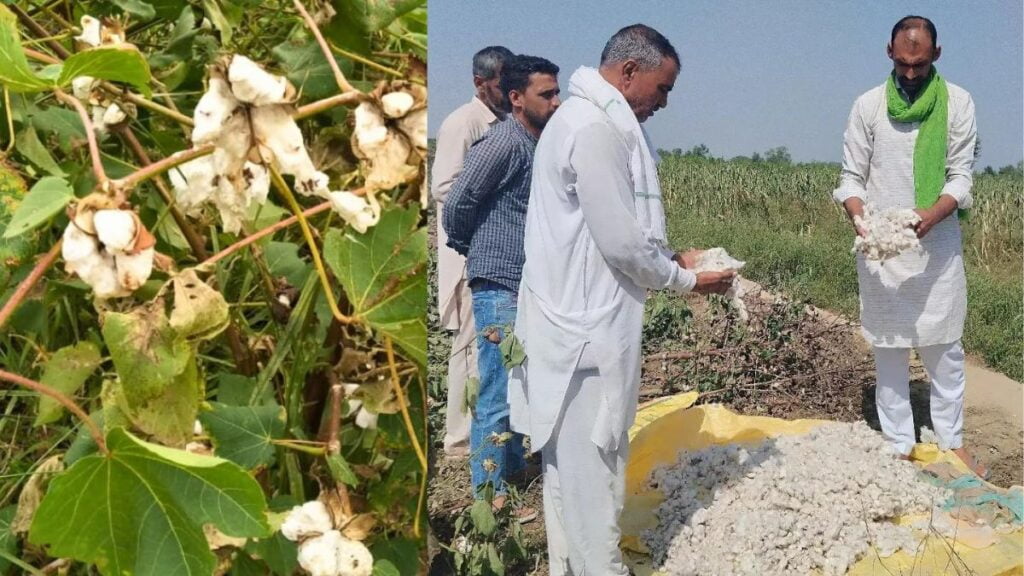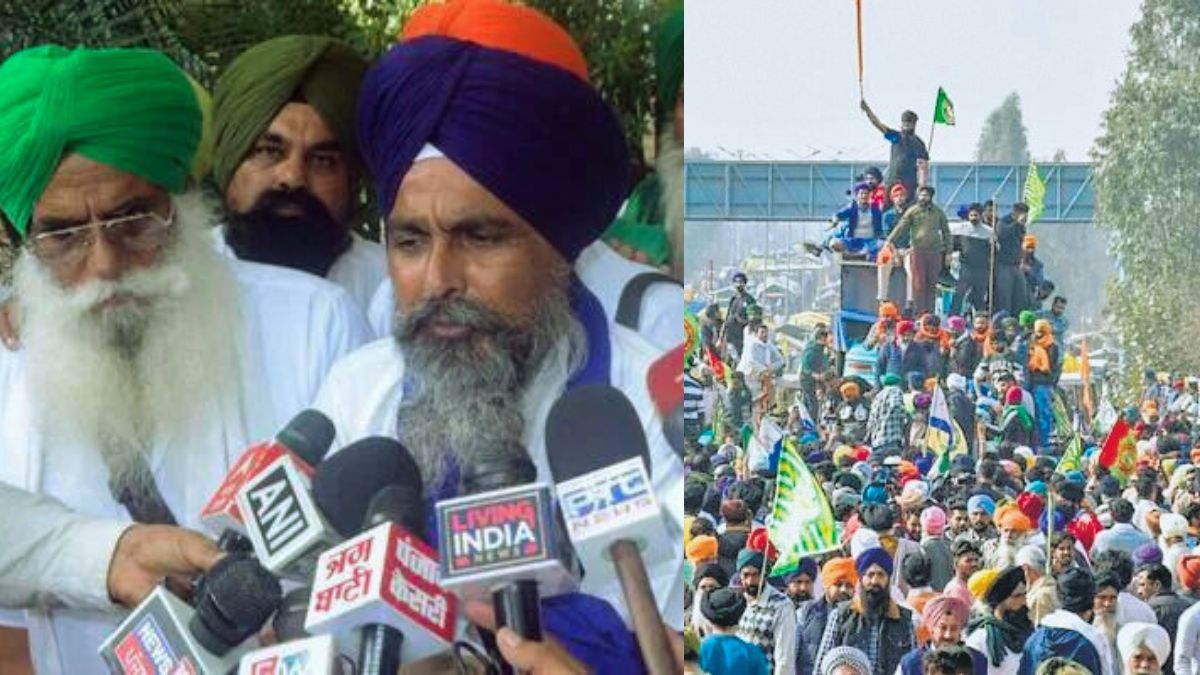The important 2nd meeting of talks to resolve Shambhu blockade border
Punjab and Haryana officials are gearing up for a second round of talks with farmers in Patiala on Sunday after the Supreme Court directed them to persuade farmers to lift the six-month blockade on the Shambhu border. The meeting, organized by Punjab’s Special Director General of Police (Law and Order), was held earlier on August 21, which ended without any resolution.
During that meeting, the farmers maintained their decision to march towards Delhi, while the Haryana government insisted that they could proceed without their tractors and trolleys.
On August 22, the Supreme Court urged the two states to encourage farmers to clear the highways on the Shambhu border. The court adjourned till September 2 its decision on the formation of an expert committee to address farmers’ concerns over the Minimum Support Price (MSP) and other issues.
A bench headed by Justice Surya Kant and Justices Dipankar Dutta and Ujjal Bhuyan suggested that states propose terms of reference for the committee, which would comprise independent experts in agriculture. The court emphasized that the issues should now be resolved legally with the possible formation of this committee.
Advocate General of Punjab, Gurminder Singh, informed the court that the state authorities had recently met farmers’ unions to explore the possibilities of partially reopening the Ambala-New Delhi National Highway, as per the court. had suggested on August 12, while the farmers have no objection to the opening. On the highway, they commit to their protest.
Singh said that the state is ready to let them go on vehicles approved under the Motor Vehicle Act. However, Lokesh Singhal, Additional Advocate General of Haryana, noted that farmers still insist on using tractors for their march to Parliament.
A senior Punjab government official revealed on condition of anonymity that the farmers were given a choice: either shift their protest to a designated location or open one lane of the national highway. The farmers asked for time to consider the proposal. However, ahead of Sunday’s meeting, farm leaders expressed doubts over Haryana’s intentions to open the highway.
Kisan Mazdoor Morcha (KMM) convener Sarwan Singh Pandher accused the Haryana government of obstruction, claiming that it is resorting to lengthy negotiations to delay the reopening of the border. Despite their doubts, the farmers intend to attend the upcoming meeting.
The Supreme Court’s August 22 order came in response to the Haryana government’s appeal against the Punjab and Haryana High Court’s July order, which had directed the government to remove barricades and allow movement along the Shambhu border. The high court’s order came after a petition by Uday Pratap Singh, a local resident, who argued that the closure of the road has badly affected people traveling to Ambala for medical treatment and other essential purposes.
Staying the High Court’s order, the Supreme Court on August 12 upheld the partial opening of the highway for essential services, including ambulances, local residents and students. The court directed the police chiefs of the two states to make necessary arrangements together. Last month, the court had also suggested setting up an expert panel to mediate between the farmers and the government, citing a “lack of trust” between the two parties.
The Haryana government had initially blocked the highway in February after the United Kisan Morcha (Non-Political) and Kisan Mazdoor Morcha announced a march to Delhi demanding legal guarantee of minimum support price and other issues. Clashes broke out when farmers were prevented from entering Haryana, leading to the death of a protester, Shubh Karan Singh, on the Punjab Haryana border.

How Supreme Court Directives Are Shaping the Shambhu Border Farmers Protest
What the Supreme Court Directives Mean for the Future of Shambhu Border Farmers Protests The ongoing farmers protest at the Shambhu border has reached a critical juncture with the Supreme Court stepping in to mediate. Since February 13, the border has been a focal point for protesting farmers, leading to significant disruption in the region. …
Stay connected with NH Punjab on social media. Follow us on Facebook, Twitter/X, and Instagram for the latest news updates, behind-the-scenes content, and more. Engage with us online and be a part of our growing community.
Sign up for our newsletter to get the latest news delivered straight to your inbox. Follow us on social media for real-time updates and

Can Punjab’s Cotton Fields Survive the Pink Bollworm Invasion? Cotton, often referred to as the “white gold” of Punjab, is a vital crop for the region’s economy and the livelihoods of its farmers. However, in recent years, this crop has faced growing challenges from pest infestations, particularly from the pink bollworm, which has once again …
Have questions or need more information? Feel free to reach out to us through our Contact Page. You can also learn more about our mission and team on our About Page.
For more details, visit our Privacy Policy, Disclaimer, and Terms and Conditions.
Stay connected with NH PUNJAB (Punjabi), where your news journey begins.

